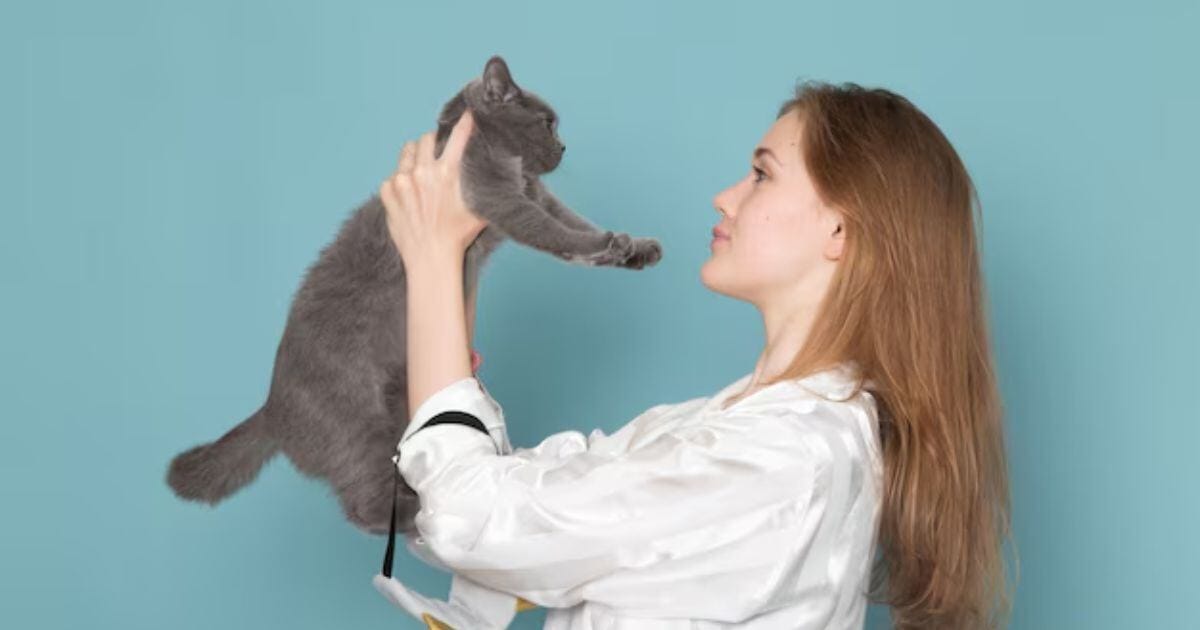How Do I Get Pet Insurance for My Cat?
Getting pet insurance for your cat is a smart move to help cover vet bills and keep your kitty happy and healthy. Yes, even indoor cats can get into trouble. So, here’s a guide to make the whole process easy, plus a few laughs along the way.

Why Bother with Pet Insurance for Your Cat?
Cats are curious, which sometimes lands them in sticky (and expensive) situations. Pet insurance can save you from a surprise vet bill. Here’s why it’s a good idea:
- Financial Safety Net: Helps cover unexpected vet bills.
- Comprehensive Care: Some plans cover accidents, illnesses, and even preventive care.
- Peace of Mind: Lets you focus on caring for your cat, not your wallet.
Steps to Get Pet Insurance for Your Cat
1. Research Providers
Check out different pet insurance companies. Look for good reviews, flexible coverage, and pricing that won’t break the bank.
2. Compare Coverage Options
Take a look at what’s covered. Does the plan include accidents? Illnesses? Preventive care? Find one that covers what your cat might need.
3. Get Some Quotes
Get quotes from a few providers to see what you’d pay. This will help you find a plan that fits your budget.
4. Check for Exclusions
Look for any exclusions some policies won’t cover pre-existing conditions or certain treatments. Better to know this up front.
5. Read the Fine Print
Waiting periods, deductibles, and reimbursement rates all vary, so be sure to understand the terms before signing on the dotted line.
6. Enroll Your Cat
Pick a plan, provide your cat’s details (age, breed, any known health issues), and complete the enrollment process.
7. Schedule a Vet Visit (If Required)
Some insurers ask for a check-up before coverage begins to assess your cat’s health.
Types of Pet Insurance Coverage
Coverage Type | Description |
Accident-Only | Covers accidents, like broken bones or cuts. |
Accident and Illness | Covers accidents and illnesses, including chronic conditions and infections. |
Comprehensive | Covers accidents, illnesses, and preventive care like vaccines and check-ups. |
Wellness Plans | Focuses on preventive care, including routine exams, vaccinations, and dental cleanings. |
Comparing Top Pet Insurance Providers
Provider | Monthly Premium | Accident Coverage | Illness Coverage | Preventive Care | Waiting Period |
Embrace | $25 – $45 | Yes | Yes | Optional | 2 days (accidents), 14 days (illnesses) |
Healthy Paws | $20 – $40 | Yes | Yes | No | 15 days |
Trupanion | $30 – $50 | Yes | Yes | No | 5 days (accidents), 30 days (illnesses) |
ASPCA Pet Health | $20 – $35 | Yes | Yes | Optional | 14 days |
Lemonade | $15 – $35 | Yes | Yes | Optional | 2 days (accidents), 14 days (illnesses) |
Final Thoughts
Pet insurance is a solid way to prepare for the unexpected and help keep your cat healthy without draining your savings. The sooner you enroll, the better coverage you’ll get plus, you’ll avoid any issues with pre-existing conditions.
Read More: Should You Get Pet Insurance for Your Indoor Cat?
Extra Tips
Regular Vet Visits: Keep up with regular check-ups to catch potential health issues early.
Healthy Lifestyle: Encourage exercise and a balanced diet for your cat.
Stay Informed: Keep an eye on different plans and options to make sure you’ve got the best one for your cat.
FAQs About Pet Insurance for Cats
Q1. What’s covered?
A: Typically accidents, illnesses, and sometimes preventive care. This includes surgeries, medications, and emergency care.
Q2. How much does it cost?
A: Monthly costs are generally between $20 and $50, depending on your cat’s age and the plan.
Q3. Are pre-existing conditions covered?
A: Most plans don’t cover pre-existing conditions, but some might cover treatable conditions after a symptom-free period.
Q4. Is there a waiting period?
A: Yes. Most policies have a waiting period, usually a few days to a few weeks.
Q5. Can I customize my plan?
A: Many providers let you choose things like coverage level, deductible, and reimbursement rate.
Q6. What is a deductible?
A: It’s the amount you pay out of pocket before coverage kicks in. Higher deductibles often mean lower premiums.
Q7. How do I choose the best plan?
A: Think about your cat’s health needs, budget, and the coverage you want. Compare providers and check customer reviews.